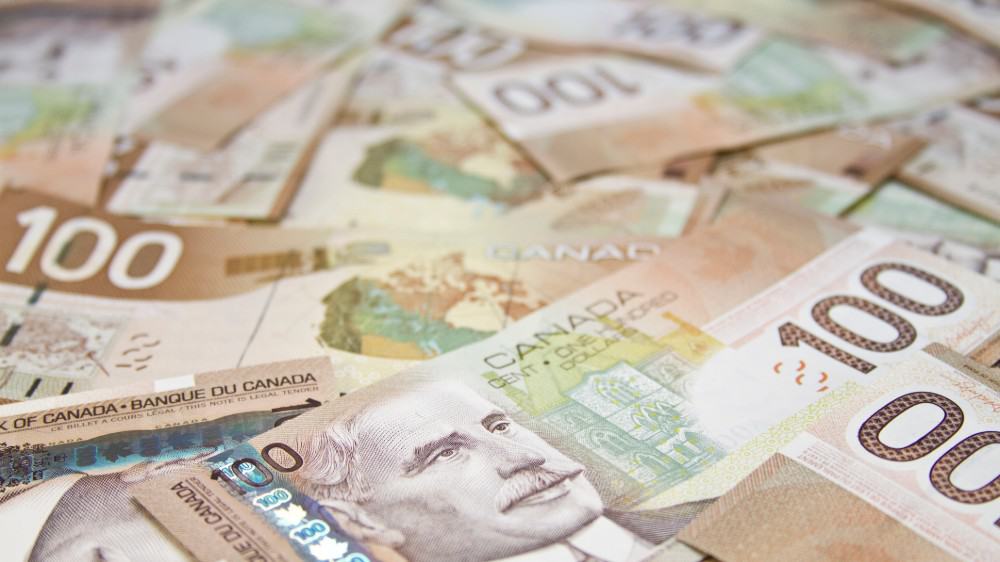The Canada Emergency Response Benefit (CERB) was introduced by the federal government in March. Lockdowns instituted to fight the COVID-19 outbreak devastated the economy and resulted in millions of job losses. In response, the federal government looked to provide for the population. Later in the summer, the federal government announced an expiry date for the CERB. Fortunately, it has dramatically revamped the Employment Insurance (EI) system and introduced new programs. Canadians who will see their CERB expire this month still have other options.
The CERB has ended – what next?
In June, I’d discussed the prospect of the CERB becoming permanent. Justin Trudeau and the ruling liberals won a majority government in 2015 by teasing radical reform. One of the plans they’d hinted at was a pilot project for a guaranteed basic income. Recent surveys suggest that most Canadians would support a program aimed at those most in need of the supplement.
Trudeau did not touch on the concept in his recent Throne Speech. Canadians will have to settle for the programs that have replaced the CERB in the meantime.
How to apply for new benefits
Last month, I’d discussed the framework for the new benefits that were being introduced. The CERB allowed Canadians to collect $500/week as a taxable benefit. Of those who have collected CERB, the vast majority will be switched over to the revamped EI.
The new system will allow Canadians with at least 120 insurable hours, which equates to 3.5 weeks of work in the last 52 weeks, to apply for a taxable benefit. This benefit has been expanded to a floor of $500/week, or $300/week for extended parental benefits. The program can stretch up to 26 weeks. Those who have switched over from the CERB will now have an additional six months of support.
For those who do not qualify for new EI benefits, there are three new programs; The Canada Recovery Benefit, the Canada Recovery Sickness Benefit, and the Canada Recovery Caregiving Benefit. These benefits also offer up to $500/week.
Another CERB replacement: Investment income!
What is better than a taxable benefit? Income that you don’t have to pay tax on. This is an achievable goal for Canadians who get creative with their Tax-Free Savings Account (TFSA).
In this instance, we’ll go on the hunt for dividend stocks that pay out a monthly distribution. Bird Construction is one interesting target that fits in this category. This company operates as a general contractor in Canada. Its shares have dropped 10% in 2020 as of close on September 25. Bird last announced a monthly dividend of $0.0325 per share, which represents a strong 6.1% yield.
Canadians who are missing their CERB payments should also consider stashing Superior Plus in their TFSA. Super Plus is engaged in the energy distribution and specialty chemicals businesses in Canada, the United States, and Chile. The stock last paid out a monthly dividend of $0.06 per share. This represents a tasty 6% yield.









